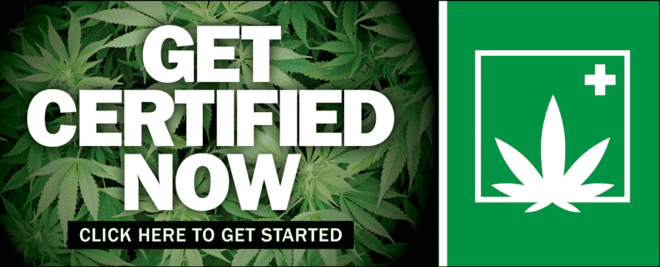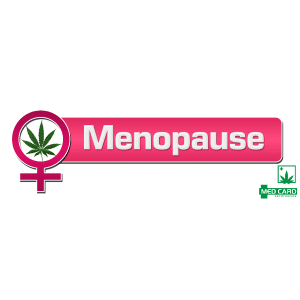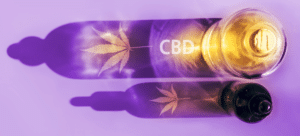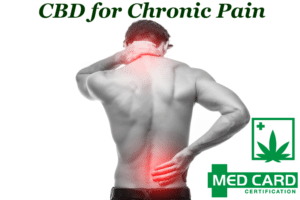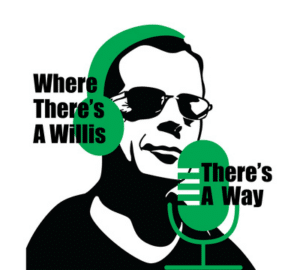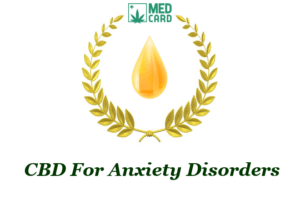Scientists have continued to explore other options that could effectively treat sleep apnea and that explains why there are currently many claims that some of the symptoms of sleep apnea could be relieved with medical cannabis. The treatment for sleep apnea in adults is an urgent health priority, with the positive airway pressure (PAP) being the most effective treatment. A PAP is imply a mask connected to a machine that blows air down the windpipe in a bid to keep the airway open.
Sleep apnea is a chronic sleep disorder that usually occurs when a person’s breathing is interrupted while he or she is sleeping. Most often, people suffering from sleep apnea usually stop breathing repeatedly during the night and such episodes could extend as much as a hundred times. Of course, when a person stops breathing, it implies that the rest of the body may not get enough oxygen.
Sleep apnea actually exists in two types, namely, obstructive sleep apnea and central sleep apnea. Obstructive sleep apnea, which is caused by blockage in the airway is the most common type. It usually occurs when the soft tissue in the back of the throat collapses while an individual is asleep. However, with central sleep apnea, the airways do not block, but instead, it happens when the brain fails to signal the muscles to breath, as a result of instability in the respiratory control center.
It is worthy to note that sleep apnea can affect anyone at any age, children inclusive. But just like many other illnesses, there are certain risk factors of sleep apnea. Some of such risk factors include being a male, being overweight, being over 40, having a large neck size, having large tonsils, a large tongue or a small jaw bone as well as having a family history of sleep apnea.
Once sleep apnea remains untreated, it could lead to other health complications such as high blood pressure, stroke, diabetes, depression, heart failure as well as headaches. Sleep apnea has a number of symptoms, some of which include loud snoring, morning headaches, restless sleep, waking up with extremely sore or dry throat, occasional waking up with a choking or gasping sensation, forgetfulness, mood changes as well as recurrent insomnia.
In 2002, a research was carried out on mice at the University of Illinois. This study was based on observations that cannabis can limit the effect of serotonin on cells in the inferior ganglion of the vagus nerve. The findings from this study revealed that THC as well as oleamide were quite effective in stabilizing respiration in mice during their entire sleep circle. The most interesting finding from this study was the fact that delta9-THC managed to reduce the apnea index during NREM and REM sleep stages, by 42% and 58%, respectively.
The 2002 study was reported to have prompted more research in human subjects and the first study of THC and sleep apnea in human subjects focused on testing the effects of different doses of THC on 17 sleep apnea patients. The results revealed that the patients experienced an average symptom reduction of up to 32 percent. The authors therefore concluded that higher doses of THC could result in more favorable effects for patients.
In addition, the findings from a 2013 study revealed that that THC-dronabinol is safe, well-tolerated, and reduces AHI by approximately a third after an estimated three weeks of oral consumption. It should be noted that the authors of this study have advocated for more in depth research considering that their study was carried out just on a few patients with sleep apnea.
According to scientists, medical cannabis can help sufferers of sleep apnea in many ways. The first is to deepen the quality of sleep in patients. Many patients have reported that with the use of medical cannabis, they hardly face frequent disruptions while they are asleep and even when they do, they get back to sleep easily. This assertion can be explained by the fact that medical cannabis is a great relaxant. Hence, the less anxious a patient is, the faster he or she will go back to sleep. Moreover, using medical marijuana in the course of the day will address some of the other conditions like mood swings and irritation which are all associated with sleep apnea.
Nevertheless, it is imperative to pick the right cannabis treatment method for sleep apnea. Edibles as well as topical are the best bets for people suffering from respiratory problems. Vaping on the other hand isn’t an option for people suffering from sleep apnea since it is one of the medical conditions in which patients frequently do not smoke.
Sources:
Marijuana strains reported to help with Sleep Apnea:
- OG Kush
- Blackberry Kush
- Northern Lights
- Grape Ape
- Critical Kush
How To Get Medical Marijuana
If you are a resident of a legal state interested in trying medical marijuana to treat Sleep Apnea or other medical conditions, you will first need to consult with a certified doctor in order to get started, simply fill out the MMJ patient registration form, press submit and a physician or clinic representative will contact you as available.

